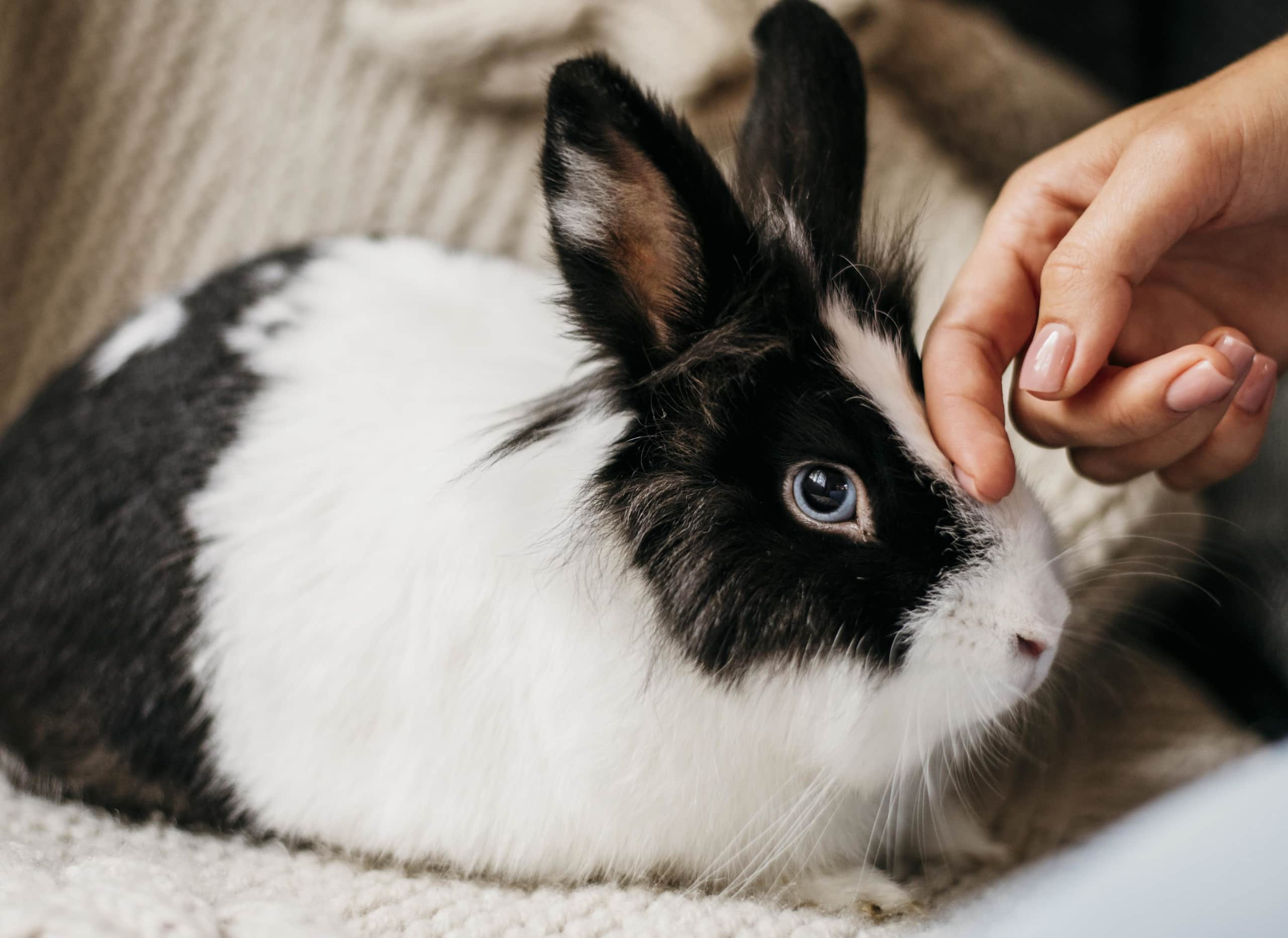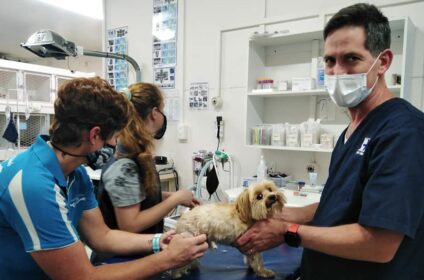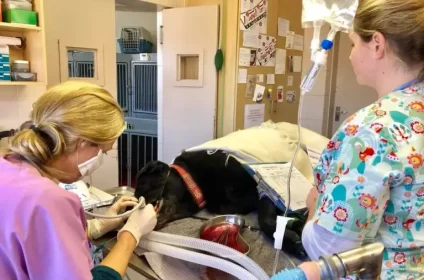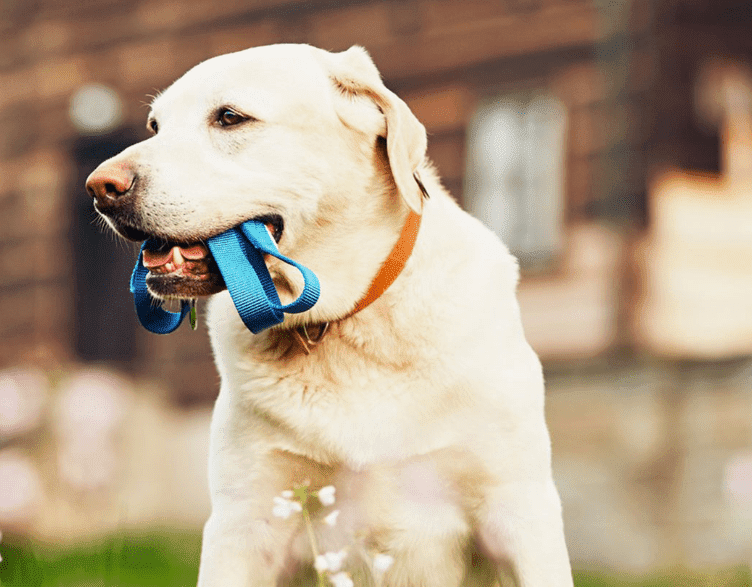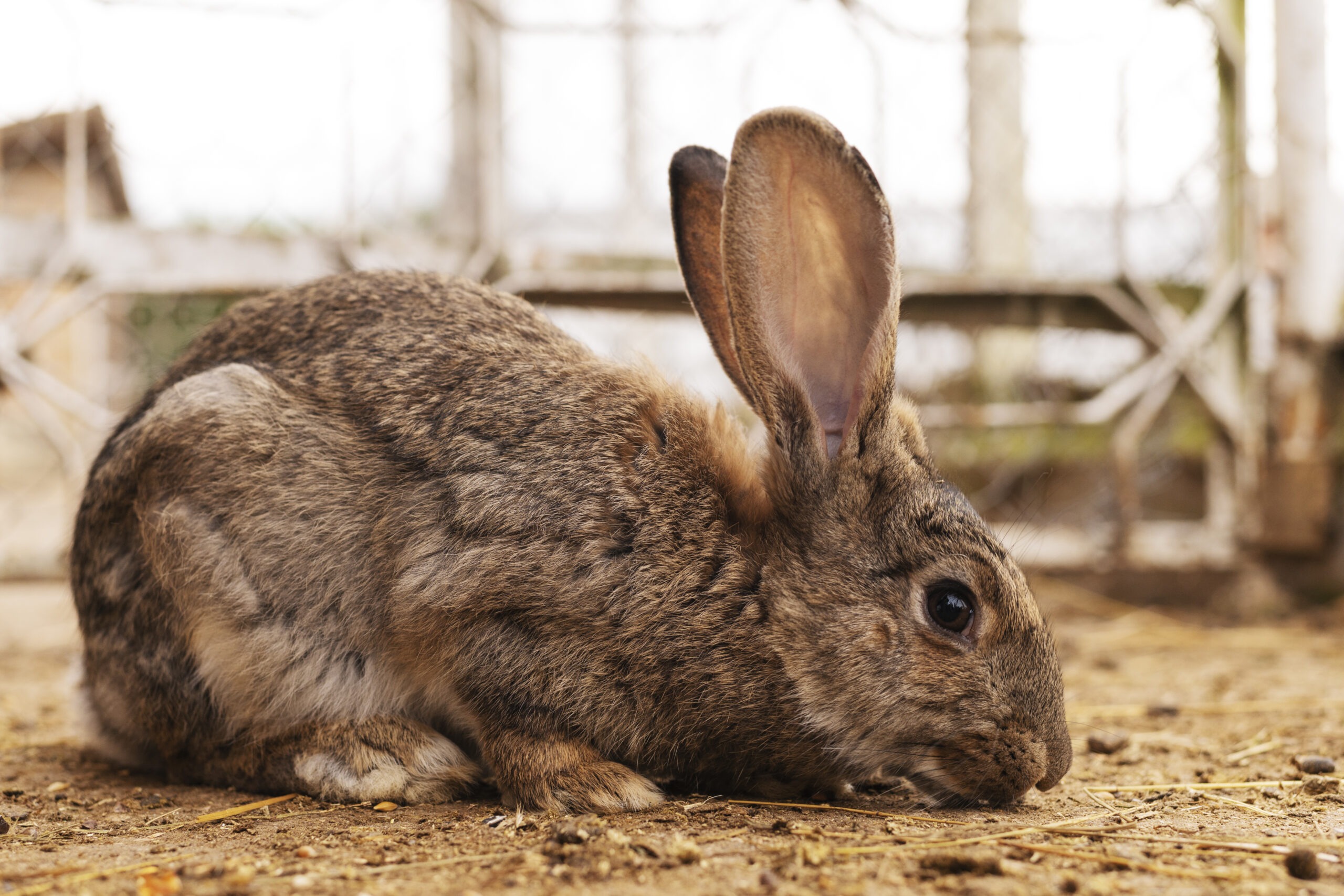Introduction
The companionship of pets brings immense joy and fulfillment to countless lives. Whether it’s a loyal dog, a graceful cat, or a chirpy parrot, these animals become integral parts of our families. However, behind every beloved pet lies a responsible and ethical approach to breeding. Pet breeding ethics and responsibility are essential to ensure the health, well-being, and happiness of both the animals and their future owners.
Ethical Breeding Practices
Ethical pet breeding prioritizes the welfare of the animals above all else. Responsible breeders focus on maintaining and improving the health, temperament, and genetic diversity of their animals. They conduct extensive health screenings for hereditary conditions, ensuring that the pets they breed are less prone to diseases. Ethical breeders also provide adequate socialization and care for both parent animals and their offspring.
The Dangers of Irresponsible Breeding
Irresponsible breeding, often driven by profit, can have detrimental consequences. Overbreeding and inbreeding, common in puppy mills and backyard breeding operations, can lead to serious health issues in animals. These pets often suffer from genetic disorders, behavioral problems, and a lack of socialization, causing pain and distress for both the animals and their future owners. Additionally, overpopulation due to irresponsible breeding leads to an increased number of animals in shelters, making it difficult to find homes for all the animals in need.
The Role of Pet Owners
Pet owners also play a crucial role in promoting ethical breeding practices. By choosing to adopt from shelters or reputable breeders who prioritize the well-being of their animals, individuals can discourage unethical breeding operations. Additionally, spaying and neutering pets prevent accidental litters, reducing the burden on animal shelters and contributing to controlling the population of stray animals.
Regulations and Education
Governments and animal welfare organizations play a vital role in enforcing regulations and standards for pet breeding. By implementing and enforcing strict guidelines, authorities can curb the activities of puppy mills and unethical breeders. Simultaneously, public awareness campaigns and education programs can enlighten potential pet owners about the importance of choosing responsible breeders or adopting from shelters.
Ensuring the ethical treatment of animals in the process of pet breeding is not just a moral responsibility but also a necessity to preserve the well-being of our beloved pets. By supporting ethical breeding practices, adopting from shelters, and promoting awareness, we can create a world where every pet is a healthy, happy, and cherished member of a loving family. Together, let’s make responsible choices that safeguard the welfare of our furry friends and promote a compassionate society for all animals.
.





